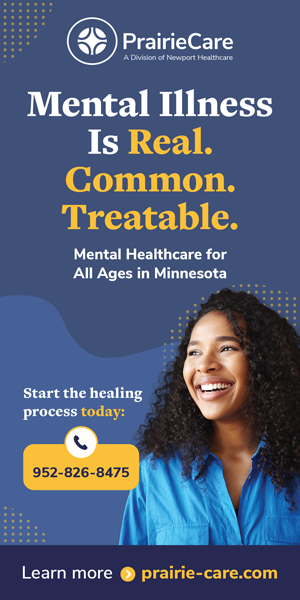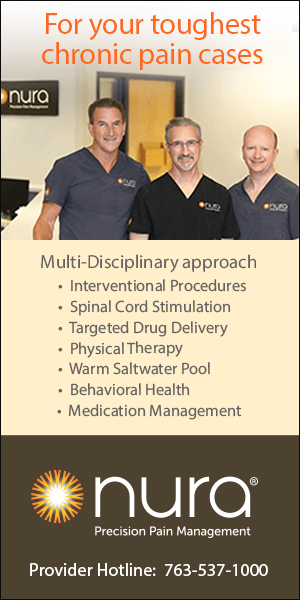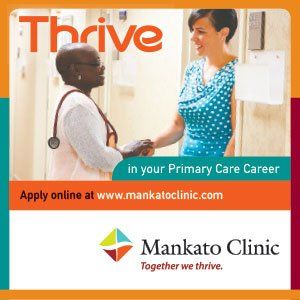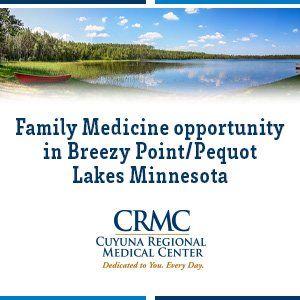
cover story one
100 Most Influential
Health Care Leaders
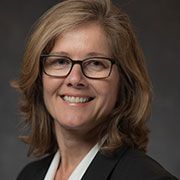
Holly Boyer, MD
Chief Clinical Officer | University of Minnesota Physicians
Influence: Two remarkable teachers. Sam Levine, MD, was thoughtful, careful and infectious with his love for otolaryngology. I wanted to love my specialty choice as much as he loved his and to convey that passion in care for patients. George Adams, MD, showed me how to be an advocate for my patients and take on any situation, no matter how big.
Leadership: Walking the talk is one of the most important ways a leader should lead. Whatever we ask our teams to do, we need to be willing to do ourselves. Elevating and crediting the people on our teams for their work and accomplishments are priorities. Provide honest feedback in the spirit of continuous improvement. Leaders have the responsibility to help their people become leaders.
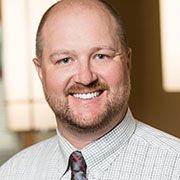
Matt Brandt
CEO | Hudson Physicians, S.C.
Influence: I was blessed to have family members in health care and tap into a network of leaders willing to mentor me. They gave me the room to make mistakes and learn. I am forever grateful to: Gail Brandt, Carl Brandt, John Brandt, Andy Vinson, Jay Ophoven, Jeanine Schlottman, Dr. Keane, Dr. Sievert, Dr. Bailey, Meg Pluth, Greg Fricke and Bill Slowter.
Leadership: It is what I would best describe as a steadiness or calmness. In high pressure situations leaders stay calm, gather information and make decisions. Amidst many differing views, noise and unexpected problems they stay focused on the result they are trying to achieve and don’t overreact. This instills confidence in their teams and a belief that any situation can be handled and challenges become opportunities.

Jeremy Cauwels, MD
CMO | Sanford Health
Influence: Thomas Braithewaite, MD, a longtime mentor. The signature line of every one of my emails ends with this quote from him: “My hope and prayer is that we all never lose sight of the fundamental fact that the greatness of our organization is not measured in size or numbers; rather, it is measured one patient at a time. If a ‘patient first’ mentality is the driving force behind everything we do, and every Sanford employee, we will not only provide care of the greatest quality and safety, we will achieve the goals of legacy, reputation, and brand.”
Leadership: Listening. My patients, and now my teams, have always told me everything I needed to know, when I take the time to pay attention.

Ronda Marie Chakolis, PharmD, MPH
President | Minnesota Board of Pharmacy
Influence: My family. My parents profoundly influenced my career. My mother, Francine, was the first in her family to graduate from college and went on to become a professor and influential community advocate. My father, Richard Chakolis Sr., dedicated over five decades to teaching social studies and coaching. They taught me the importance of a successful career and staying connected to community. They showed me that I have the power to shape the world I want to live in.
Leadership: It incorporates four critical elements: accountability, adaptability, empathy and integrity. To influence policy, leaders must seek to understand the needs of others and establish consistency in their values and actions. More important, great leaders can adapt to challenges while maintaining intellectual humility.
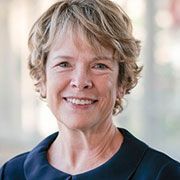
Emily Chapman, MD
Chief Medical Officer | Children’s Minnesota
Influence: I vividly recall Dr. Judy Zier, a beloved pediatric intensivist, teaching how to lead in a clinical emergency. She said the first thing to do upon entering the room was put our stethoscope in our ears and lay it on the chest — not to listen to the heart beat, but to quiet the room. Everyone calms just a little and the leader has a moment to gather themselves. Self-management always comes first in leadership.
Leadership: Good leadership starts with curiosity — an acknowledgment that there is so much yet to discover. Learning will never come from examining your own perspective but instead from a diversity of perspectives. Inquiry will get you farther than knowledge, and bringing humility will get you farther than bringing certainly.
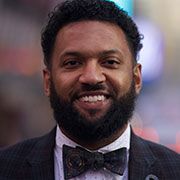
Nathan T. Chomilo, MD, FAAP, FACP
Medicaid Medical Director | Minnesota Department of Human Services
Influence: Mentors like Julia Joseph-DiCaprio, MD, Dipesh Navsaria, MD, and also Dr. Camara Jones, MD, a PhD researcher and former president of the American Public Health Association. She was one of the first to make the connection between racism and how it has created an ongoing public health crisis. Her ability to meet people where they are and open their eyes to what she is trying to teach is masterful.
Leadership: It can’t be about your ego. What most resonates with me is based in love. Love for the people on your team and the communities you serve. It enables true transformation through creating authentic trust. Without trust, you won’t be open to change and those you hope to lead won’t believe in you.
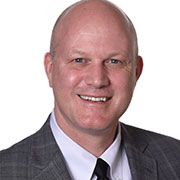
Steven M. Connelly, MD
Co-Executive Medical Director | HealthPartners
Influence: Two people had a large impact. As a physician, that person is my father, the two of us both being otolaryngologists. He woke up happy to go to work every day, and his counsel and approach to medicine significantly shaped who I am. With regard to leadership, my biggest influence has been David Abelson, MD, former CEO of Park Nicollet. He provided guidance and taught me how to obtain results while remaining genuine to yourself and aligned with the values of the organization.
Leadership: Step one is establishing the vision within the organization. Whether directly or through oversight the next step is hiring good people and supporting them. It is critical to build consensus rather than unanimity and always be genuine in your approach to others.
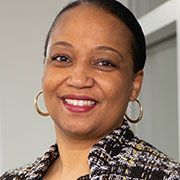
Brooke Cunningham, MD, PhD
Commissioner | Minnesota Department of Health
Influence: Ram Bhagat, my high school chemistry and anatomy teacher. He wore a dashiki every day, valued Black culture and identity, and was politically conscious. He asked what I thought about becoming a doctor. I said I didn’t see physicians fighting for social justice. He challenged my view, noting the power physicians wield and can use to promote equity.
Leadership: Connection: making sure those who work for you are “ok” and valuing them as people. Vision and change management skills. Sincere humility: interest in learning from others and having one’s views challenged. Integrity: in communication and actions. Self-awareness: leadership is a powerful personal “growth experience,” which done well requires intentional self-reflection, curiosity about your own behavior and the willingness to adjust.
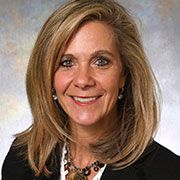
Jennifer DeCubellis, MA
CEO | Hennepin Healthcare
Influence: Youth whom I taught in an alternative school in Chicago. I was able to create a positive learning environment for youth with significant needs who had a lot of barriers to overcome. They taught me to never give up. The love, hope and academic accomplishment when the system worked for them taught me to meet individual needs — not systemic ones — to keep people at the forefront.
Leadership: It means working together: listening, learning and co-creating solutions that work for those they are meant to help. Holding to values along the way and refining approaches to problem-solving to ensure the desired outcomes. If they are not met, keep trying. It is easy to identify problems and much harder to be accountable for solutions.
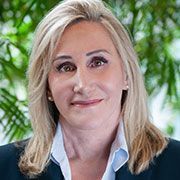
Alta DeRoo, MD, MBA, DFASAM, FACOG
CMO | Hazelden Betty Ford Foundation
Influence: My former commanding officer, Navy Admiral David Lane. Like me, he was a naval aviator who went into medicine. He taught me that leaders can be influential and strong, but also compassionate and empathetic. Rather than judging patient choices, we have a tremendous opportunity to educate, treat and inspire. This became most powerful for me as I began to work with pregnant women who had substance use disorders.
Leadership: It requires recognizing that with power and privilege comes great responsibility. Having empathy and grace toward others costs you nothing yet can make a tremendous difference in their lives. Although leaders have influence and authority, they should use empathy and grace to help people get back on their feet when they need it.
MORE STORIES IN THIS ISSUE












